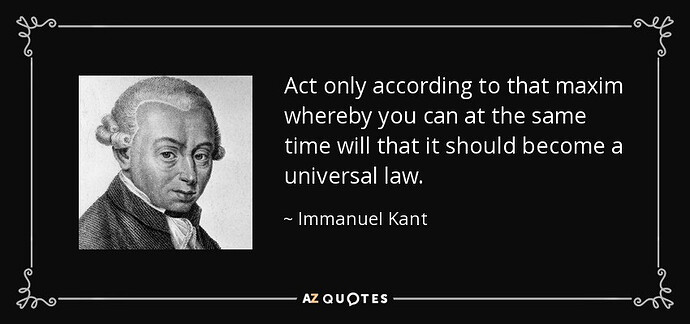I keep thinking about how we make contradictory decisions in our daily lives. We want work-life balance but check emails at midnight. We value sustainability but choose convenience. We seek authentic relationships while curating perfect social media personas.
These contradictions aren’t character flaws - they’re human nature. But here’s what fascinates me: philosophers mapped these patterns centuries ago and left us tools to navigate them.
The patterns are already mapped
Here’s what blows my mind: every “modern” business strategy, every management framework, every social phenomenon we think is new… philosophers figured it out centuries ago.
Agile methodology? That’s pure Hegelian dialectics. Thesis (initial plan) meets antithesis (reality feedback), creates synthesis (improved iteration). Hegel mapped this 200 years before anyone heard of “sprints.”
Network effects in social media? Aristotle called it 2,400 years ago: “The whole is greater than the sum of its parts.” Facebook’s entire business model is built on Aristotelian philosophy, but how many tech leaders have actually read Aristotle?
The “fail fast” startup culture? Ancient Stoics like Marcus Aurelius wrote entire books about accepting what you can’t control and adapting quickly. Modern entrepreneurs are rediscovering Stoicism and calling it innovation.
The foundation that changes everything
But here’s what I think matters most: Kant’s categorical imperative and Hegel’s laws of dialectics. These aren’t abstract concepts. They’re THE FOUNDATION of being human.
Kant’s categorical imperative is simple: act as if your actions become universal law. Take responsibility for your choices and their consequences. Stop blaming others for what’s wrong in your life.
I see so many people missing this. It’s always “somebody else’s fault” - the market, the government, their team, their circumstances. But successful people, successful businesses, successful societies all understand the same thing: you are accountable for your actions and their outcomes.
Hegel’s dialectical laws explain why absolutist thinking fails. Reality emerges from the unity and clash of opposites. No polar position is stable - its very existence creates resistance, counter-movements, alternatives.
Think about this: every war, every economic crisis, every business failure I can think of happened because people thought in absolutes. “Web3 will kill web2.” “ETH is better than BTC.” “Our way is the only way.”
If leaders truly understood dialectics, they’d seek balance instead of domination. They’d expect opposition and plan for synthesis rather than trying to destroy what came before.
Why this matters now
Elena recently shared how philosophers from Socrates and Plato to John Stuart Mill, John Locke, Jean-Jacques Rousseau, and modern thinkers all reached the same conclusion: societies should be guided by educated, reasonable, and virtuous individuals who can predict consequences and seek wisdom.
We’re at a moment where AI can process vast knowledge, but it still needs human wisdom to guide it. The combination isn’t just technological - it’s philosophical. We need people who understand both the power of knowledge and the responsibility that comes with it.
But here’s the thing: you don’t need to be running a country or building AI to benefit from this. Every entrepreneur making hiring decisions, every team lead managing conflicts, every person choosing how to respond to challenges - you’re applying philosophy whether you know it or not.
The question is: are you applying good philosophy or stumbling through with assumptions?
The “OMG” moment waiting for you
Pick any challenge you’re facing right now. I guarantee some philosopher already worked through it and left you a roadmap.
Dealing with difficult people? Socrates pioneered the art of asking questions that help people discover their own contradictions.
Building something new while managing existing systems? Lao Tzu wrote the playbook on managing change and adaptation.
Trying to make ethical decisions under pressure? Kant literally created the framework for moral decision-making that works under any circumstances.
Managing teams across cultures and time zones? John Stuart Mill wrote extensively about balancing individual freedom with collective needs.
These aren’t academic exercises. They’re practical tools that have been tested across cultures and centuries.
Where we go from here
Every day we make choices: scroll through social media or read something that expands our thinking. Watch another meaningless show or explore ideas that shaped civilization. Listen to today’s noise or learn from voices that echo across millennia.
The wisdom is there, waiting. The patterns are mapped. The frameworks exist.
This is why at Metis, we believe wisdom guides technology, not the other way around. We’re not just building another platform - we’re creating space for the kind of thinking that sees beyond the immediate, beyond the polarized, beyond the “somebody else’s fault” mentality.
Philosophy isn’t abstract. It’s the most practical thing in the world. It’s how you stop repeating history’s mistakes and start building something that lasts.
The only question is: are you curious enough to look?
